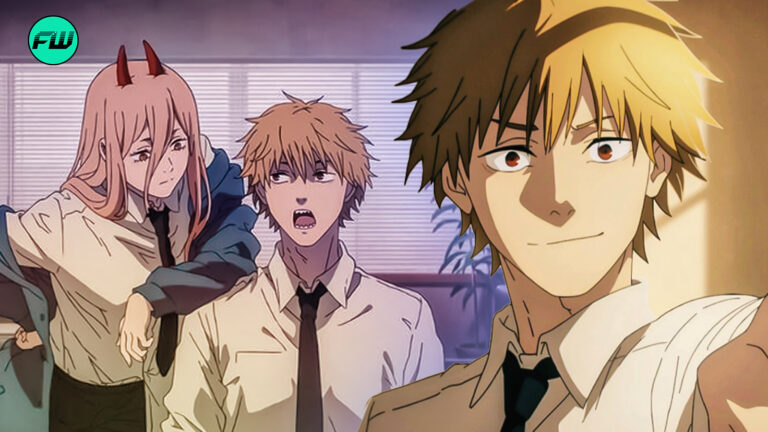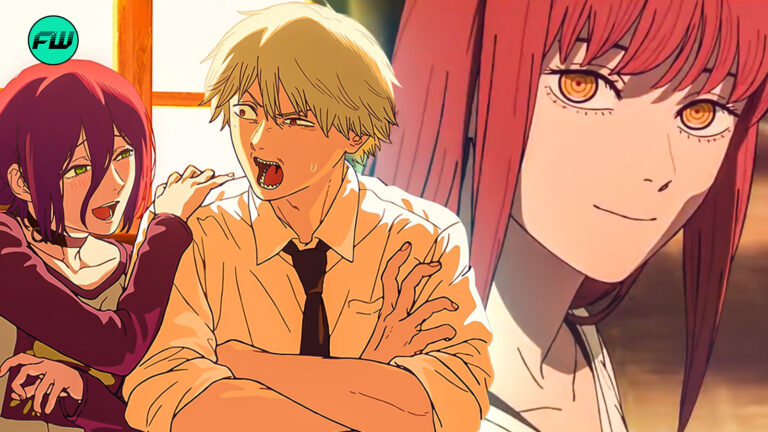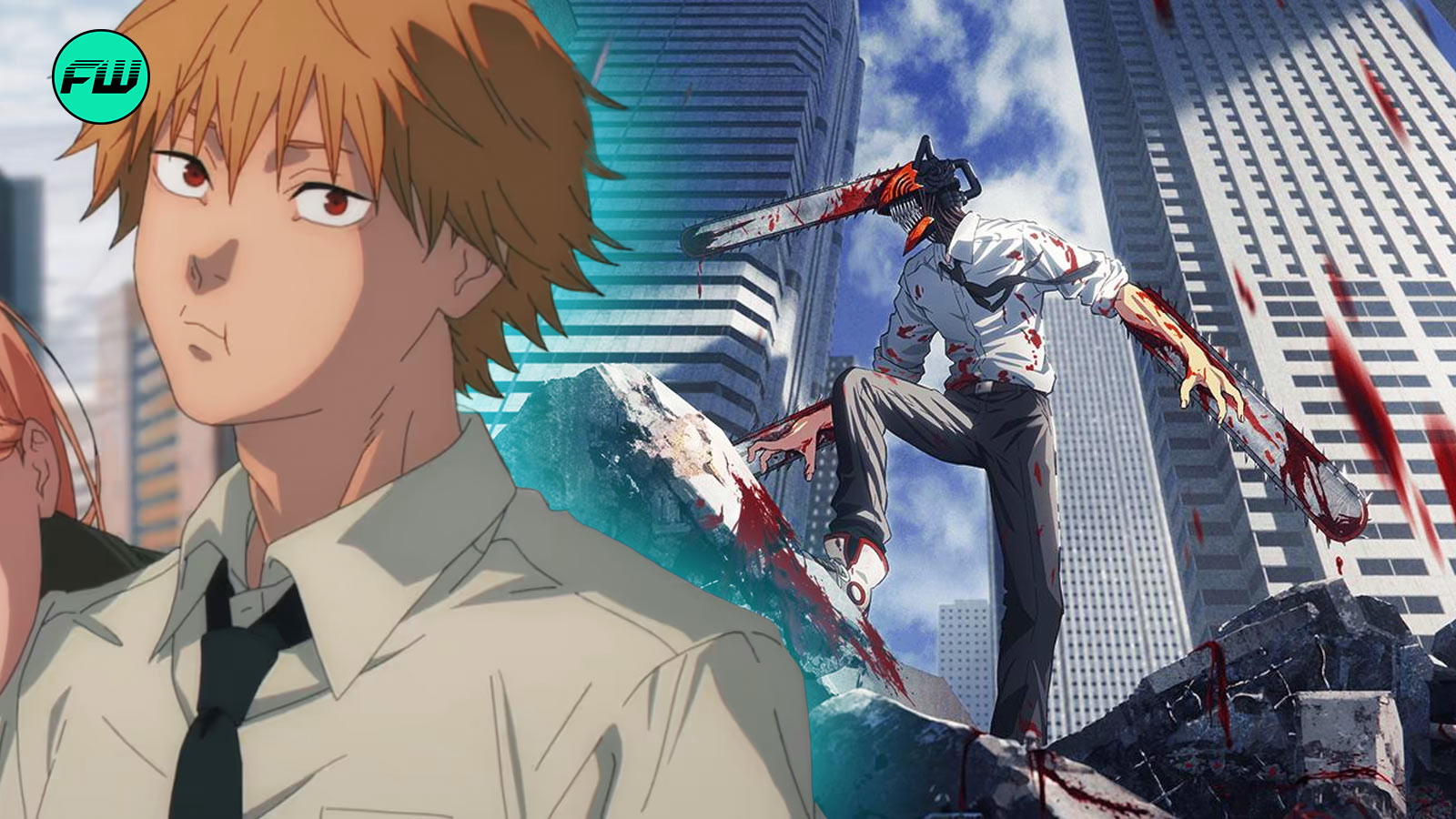
Most Shonen protagonists are designed to be admired. They are innately cool or admirable, possessing qualities that make others envy them. Be it relentless optimism or charisma, they have certain traits that set them apart from the average.
Even when there is a story with a struggling protagonist, we see this happening. Be it Naruto’s tragic past or Jinwoo’s burdens, the protagonists may struggle, but they’re ultimately built for greatness.
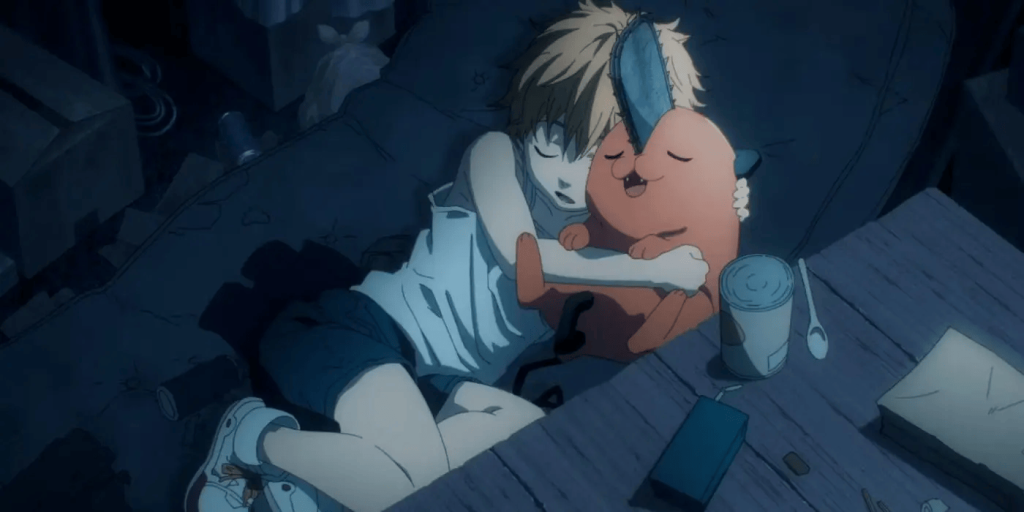
But, there are anime that do not follow this set formula; take Chainsaw Man as an example. Tatsuki Fujimoto is an enigma who does not cater to the expectations of the fans or the general tropes that are accepted as the norm. That is why Chainsaw Man revolutionizes the loser protagonist trope.
Asa and Denji, two different kinds of pitiful
Fujimoto pulls the audience into a story that is extremely raw and realistic when it comes to behavior and emotions (not the part with the Angels and Chainsaw people).
The author has been fully committed to showing how being a loser is a two-way road; there is no getting out of it. If someone changes their destiny, does that mean they themselves have changed?
Amidst a raging series of battles and complicated undercurrents, Chainsaw Man explores these philosophical questions. Unlike the other anime or manga where the protagonist is on an upward growth trajectory, always getting better step by step, day by day, Fujimoto completely flips that idea over.
He portrays how both Asa and Denji who in their own ways, are both disasters of main characters, and that’s exactly why they work so well. Sometimes they are victims, and sometimes they are the ones making things worse and responsible for messing up.
No person is perfect, and just by having a life-changing opportunity, you can not become inhumanly close to perfect (Hello, Sung Jinwoo). Fujimoto shows how so much can change, but it is difficult to change the way the ‘losers’ perceive themselves.
It is not about not getting into trouble; it is how they associate with it and if it has any bearing on what they do later on. Denji, despite getting everything he wanted on paper, like fame, money, and women, is still completely lost.
Why Chainsaw Man’s realistic and brutal approach works
It is possible the last time he was truly happy and content was the day he was with Pochita last. He keeps getting dragged into conflicts, manipulated, and tossed aside. He has his uniqueness, something others do not possess, and he is destined for greatness, but Fujimoto’s reality is cruel.
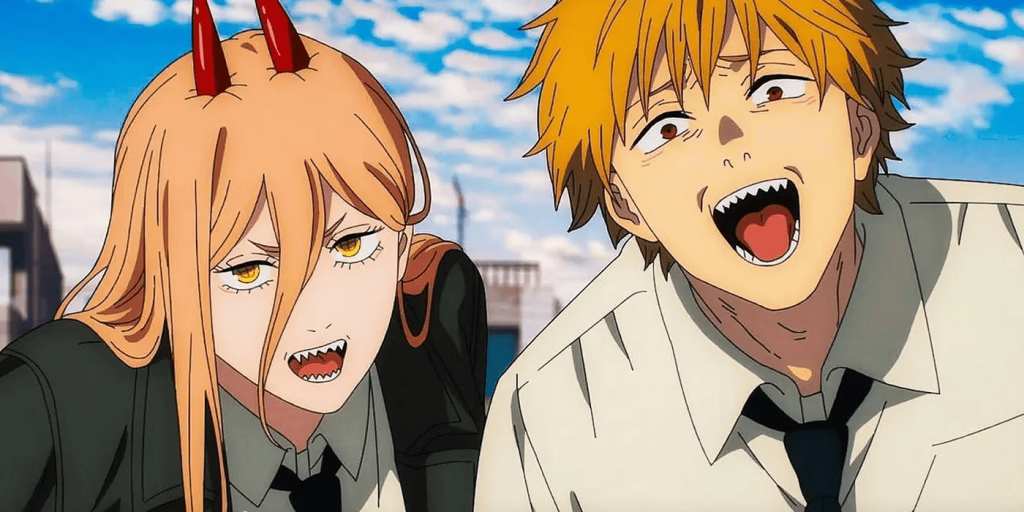
Similarly, we have Asa, who is defined by her self-sabotage. She sees herself as the perpetual victim and keeps pushing others away. Their flaws aren’t something that can just be wiped out for narrative convenience; many love these characters because of their imperfections.
Asa, for instance, is an awkward teenager; there are many who can relate to that. It is similar to Denji, although he is not all that smart. We can clearly see the complexities in their personalities through the events in the series. For instance, while he was at arguably his lowest point, Denji suggested a simple idea: eating a meal he liked.
Asa immediately rejected it because she didn’t like eating it. This might seem ridiculous and unreasonable, but human emotions are that way- difficult to understand and often layered. Such small actions portray the way the innate perception sticks with you, even if you are the main character.
You can stream Chainsaw Man on Crunchyroll.
This post belongs to FandomWire and first appeared on FandomWire
